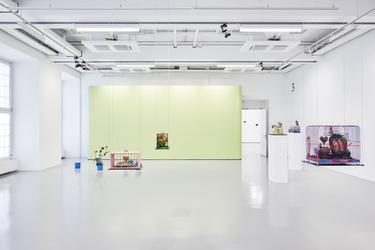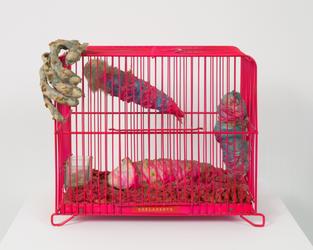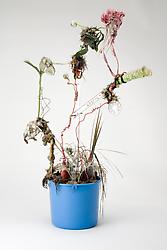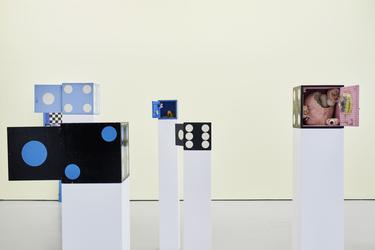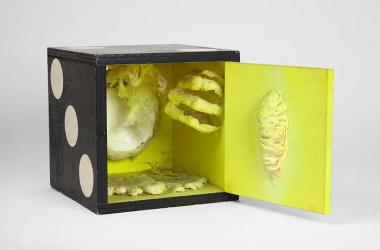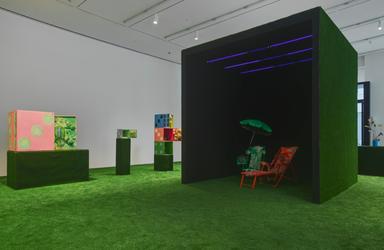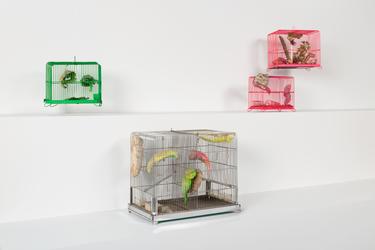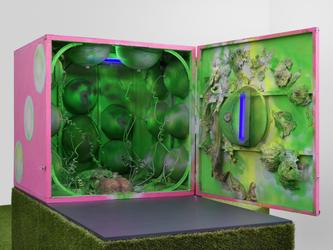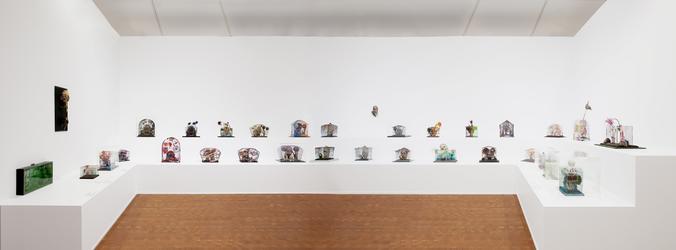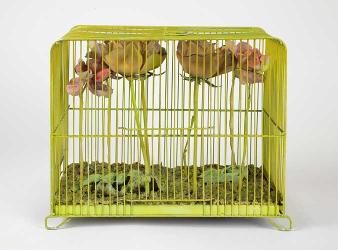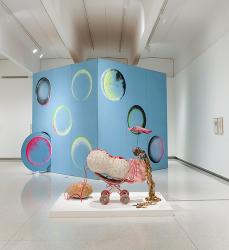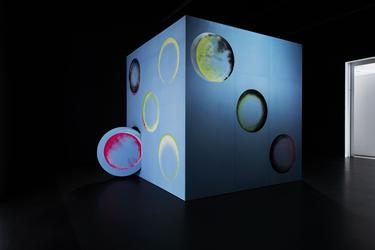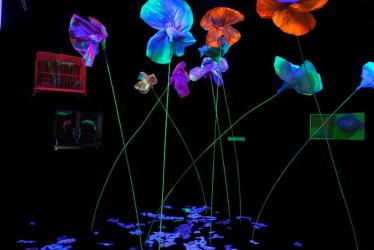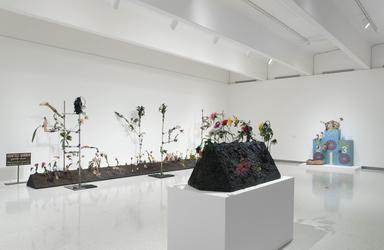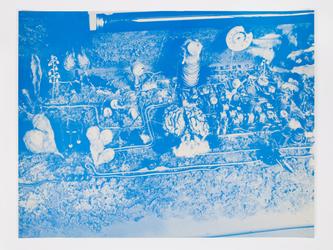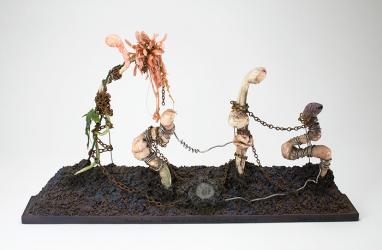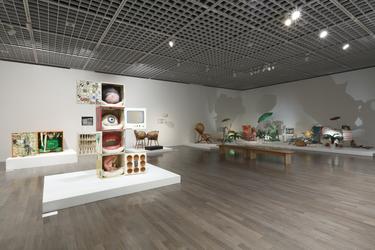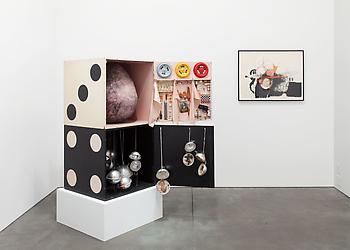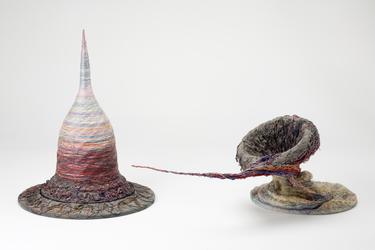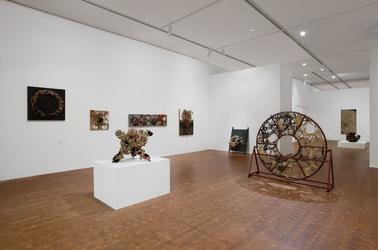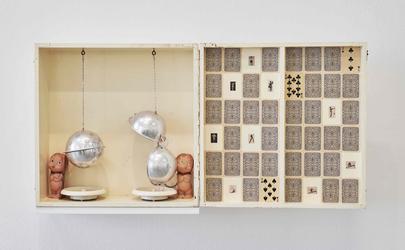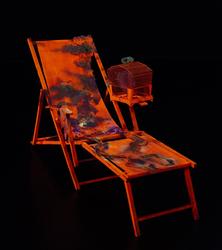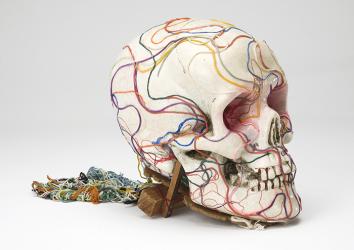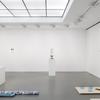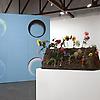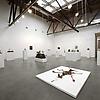Tetsumi Kudo
Tetsumi Kudo edition now available
April 27, 2017
This lithograph print by Tetsumi Kudo depicts an interior view of Pollution - Cultivation - New-Ecology Underground (Pollution - cultivation - nouvelle-écologie underground) (1972-73), a sculpture by Kudo in the collection of the Museum of Modern Art, New York.
TETSUMI KUDO
Untitled
C. 1972
Lithograph
19 1/2 x 25 1/2 inches
(49.5 x 64.8 cm)
Edition of 450
$250
Tetsumi Kudo on Monopol
October 31, 2016
Tetsumi Kudo is featured in Monopol magazine. Copies can be purchased here.
Tetsumi Kudo at the Fridericianum
The Fridericianum is mounting a retrospective of the work of Tetsumi Kudo.
The exhibition is curated by Susanne Pfeffer and will be on view from September 25, 2016 through January 1, 2017. For more information, please visit the museum website.
Fridericianum
Friedrichsplatz 18
34117 Kassel
Tetsumi Kudo, Josephine Meckseper and Mika Rottenberg in the Taipei Biennial
September 13, 2014 - January 4, 2015
Taipei Biennial
The Great Acceleration: Art in the Anthropocene
Curated by Nicolas Bourriad
Taipei Fine Arts Museum
No.181, Sec. 3, Zhongshan N. Rd.
Zhongshan Dist., Taipei City 10461
Taiwain
Tetsumi Kudo at The National Museum of Art, Osaka
November 2 - January 19, 2014
4-2-55 Nakanoshima, kita-ku,
Osaka 530-0005, Japan
